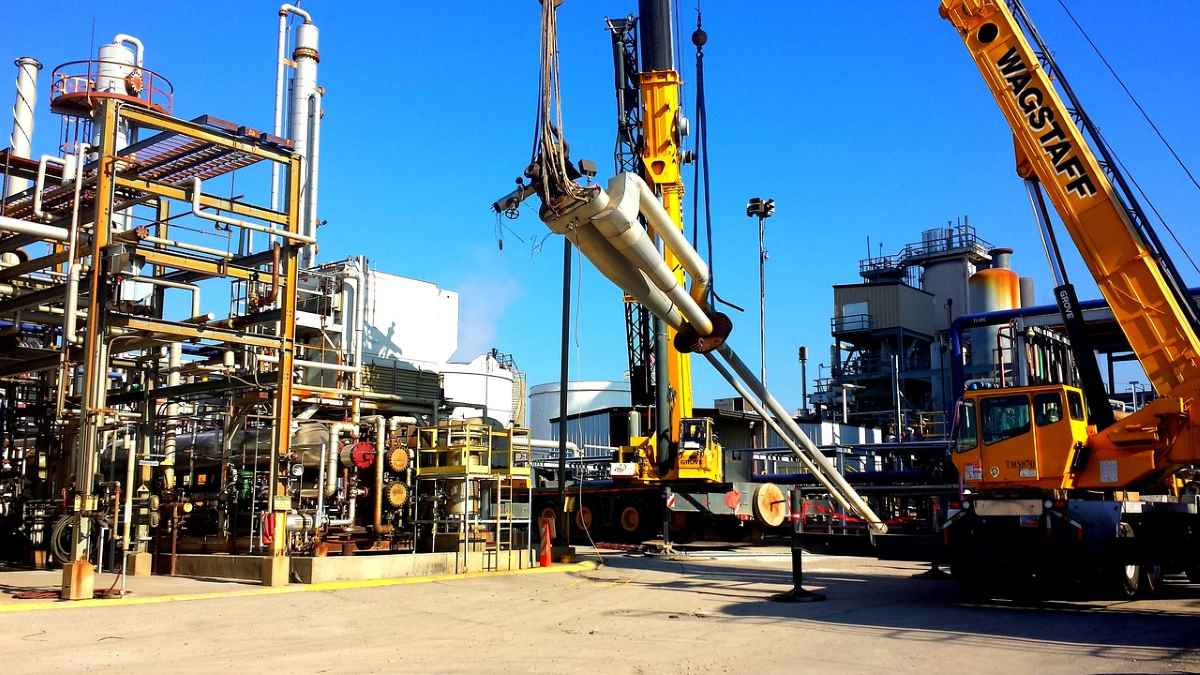Angola Oil & Gas 2022 explores the impact of Angola’s local content policies to date and how to facilitate further capacity building and skills development in the national oil and gas industry
LUANDA, Angola, November 30, 2022/APO Group/ —
Local content stakeholders united for a high-level panel at the Angola Oil & Gas (AOG) 2022 Conference & Exhibition (http://bit.ly/3UyBCpP) in Luanda on Tuesday to discuss how Angola can meet its local content ambitions and maximize partnerships with regional and international firms to enhance oil and gas development and exploitation, while creating opportunities for local players.
Under the theme, “The Evolution of Angola’s Oil and Gas Sector: Strategies for the Angolanization of the Local Energy Industry, and the Implications for all Participants in the Sector,” the panel was moderated by Norman Nadorff, Special Counsel, Mayer Brown and featured Marco Toninelli, Director of Asset Based Services, Saipem; Francisco Monteiro, CEO, Brimont; Zenaida Martins, Local Content Manager, ChampionX; João Filipe, Chairman & CEO, Cabship; Bráulio de Brito, President, AECIPA – Association of Oil & Gas Service Companies; and Nuno de Miranda Catanas, Founding Partner, MC Jurist as panelists.
The panel began with a presentation on Angola’s local content law and changes by André Ngoma, MIREMPET and Maura Nunes, Coordinator of the Local Content Center at the ANPG. Angola recently approved a new Legal Framework for the Promotion of Local Content that aims to retain more value in-country by encouraging the acquisition of national goods and services and requiring all contracts to contain a local content clause and training programs.
Ngoma kickstarted the presentation stating that, “We needed something to help us grow. The ministry was responsible for the policy, ANPG implements the legal provisions. The ministry is responsible for the human development plan and that is how this process was established.”
Nunes added that, “The system plays a vital role and is ambitious because we want to ensure the integration of the system as a whole to help us make more assertive decisions.”
Local content promotes the acquisition of local goods and services; the hiring and employment of local people and the transfer of know-how and technology
Under the progressive reorganization of the national oil and gas sector and recent legislative amendments, the Angolan Government has targeted the expansion of local content across each segment of the energy value chain, known as “Angolanization,” with the percentage of Angolans in the oil and gas workforce now in the range of 85-90%.
“When you have been in a country for over 40 years, you don’t talk about local content, you talk about being a local company. More than 80% from across the entire level of the organization is now Angolan, especially in engineering. In addition to that we have a strong training program to engage and train people both in Angola and across our engineering centers across the globe,” stated Toninelli.
Monteiro added that, “Angolanization ensures that we are not stuck regarding hiring and complying with local content according to international standards. It has been important because the perspective of local content is now broader. We still have specific concentration on the people because manpower is what makes the company work and we still have a long way to go. ANPG has played a positive role regarding the development of local content.”
The promotion of local content also carries the potential to yield positive results in support of Angola’s quest for diversification and industrialization, serving as a catalyst for growth in other economic sectors directly and indirectly linked to the oil and gas industry, including construction, transportation, technology, agriculture, logistics, shipping and maritime services.
“Local content promotes the acquisition of local goods and services; the hiring and employment of local people and the transfer of know-how and technology. The acquisition of local goods and services forms part of economic diversification and creates value to industries. Local content creates significant opportunities for employment and up-skilling, which is now reinforced by law. As the new law brings stricter regulations, if well implemented, it can be a means for the country to achieve growth,” stated Martins.
Meanwhile, the discussion moved to the role foreign companies play in Angola as stricter local content regulations are put in place. On this note, Catanas stated that, “Local content has two main areas: training of local personnel and the involvement of Angolan companies in the supply chain. My main point is to deconstruct a misconception. Local content is about inclusion both ways. It is not about the exclusion of foreign service providers. There is room for foreign providers in an area of local content.”
Contributing to this point, de Brito stated that, “need to promote services and products by Angolan companies. This does not mean the exclusion of foreign companies but involves integration. It is important to emphasize that we need to empower the local services, so we need to make sure that those services that can be done by local companies should be done in an efficient manner. We need the support of foreign companies but at the same time, guarantee our growth and the growth of the national companies.”
The role foreign companies play was further defined by Filipe, who added that, “It is of our opinion that the operators should play an active role in mentorship. There should be mentorship programs so that more companies can provide services to the country. We need to make sure that quality is not compromised so I believe that operators should spend more time and money in capacity building.”
Distributed by APO Group on behalf of Energy Capital & Power.
